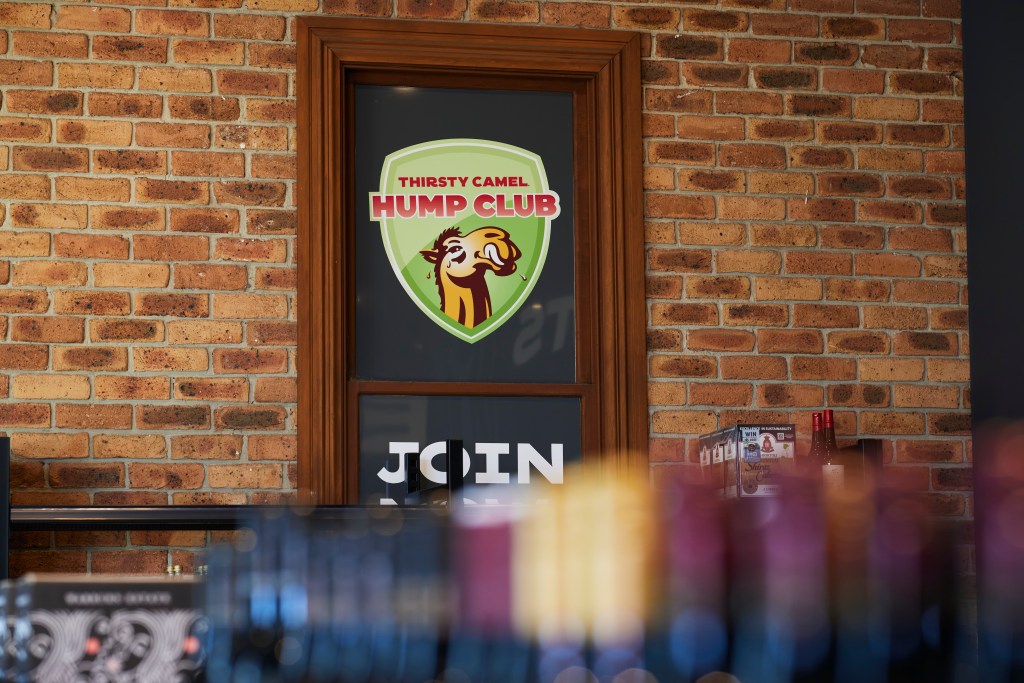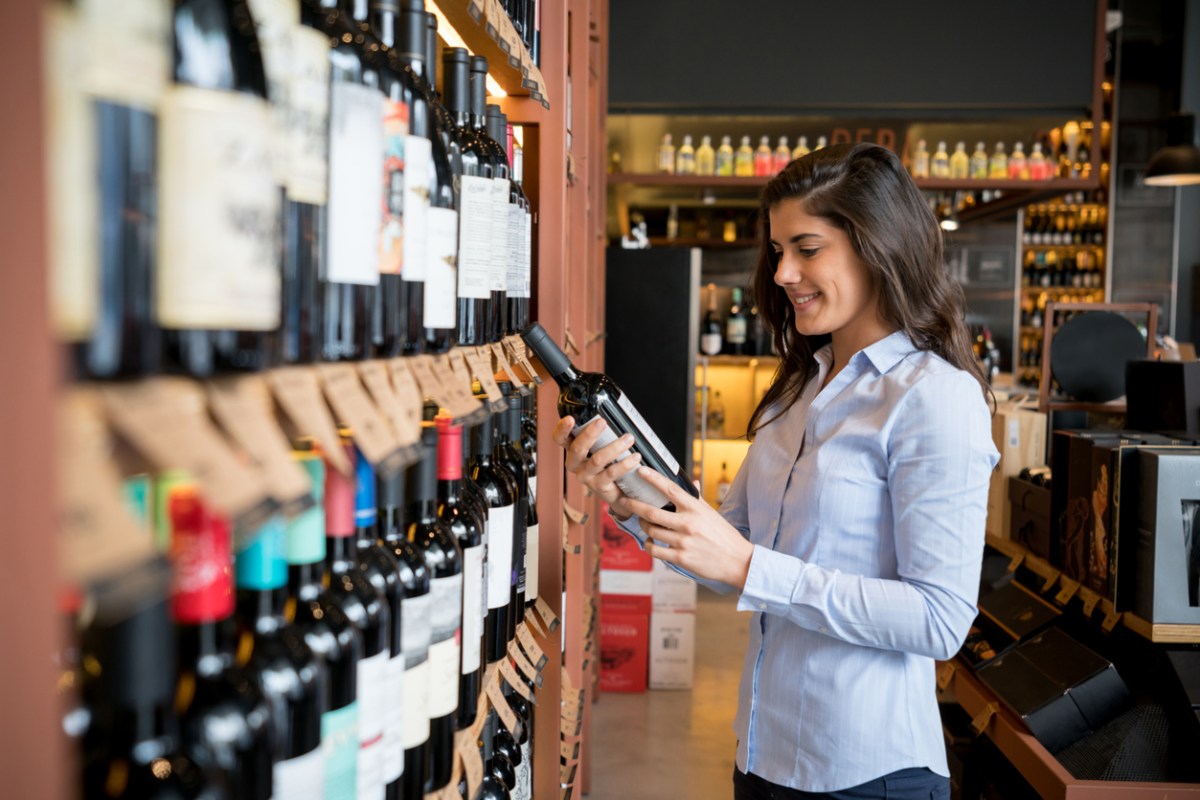In the evolving landscape of liquor retail, customer loyalty is more than just a buzzword. It’s a lifeline. As discretionary spending tightens and economic pressures mount, Australian consumers are becoming increasingly discerning about where they spend their hard-earned dollars, especially when it comes to indulgences like alcohol. In this context, loyalty programs are not just a nice-to-have – they’re an essential part of any forward-thinking business model.
I was chatting with a local bottle shop owner recently, a small independent store with a loyal but niche following. He was quick to highlight that while his business had weathered some tough years, the one constant was the strength of his customers’ loyalty. This was a business that invested early in a points-based rewards system, offering customers the ability to earn discounts and exclusive offers with every purchase. What struck me was his candid admission: “Without those loyal customers, we wouldn’t have survived the fluctuations in sales over the last few years.”
In the liquor retail world, this sentiment rings true more than ever.
The economic pressure cooker
The pandemic and its aftermath reshaped consumer behaviour and, with the rising cost of living, Australians are now far more conscious of where they allocate their spending. As Coles Liquor reported recently, customers are reducing discretionary spending across the board, with a 3.1 per cent decline in comparable sales during the third quarter of FY2024. However, even in these challenging times, they found a silver lining through digital channels and loyalty programs, with revenue from e-commerce rising by 4.1 per cent. This illustrates a clear trend: when customers are looking to tighten their belts, they’re also looking for added value, which loyalty programs can deliver.
When customers feel they’re being valued, they respond by spending more
And it’s not just big players like Coles that are seeing this. Independent liquor retailers are also embracing loyalty schemes, recognising that loyalty isn’t simply about repeat business – it’s about creating a deeper relationship with the customer. At Independent Brands Australia (IBA), for example, their newly launched Cellarbrations Top Drop Rewards and My Bottle-O Rewards programs have already seen impressive engagement. On average, participating customers are spending an additional $15 per transaction, with a redemption rate of 54 per cent on points. It’s clear that when customers feel they’re being valued, they respond by spending more and engaging with the brand in a more meaningful way.

Liquor Legends hits one million loyalty members
Take Liquor Legends, for example. Recently, they celebrated a remarkable milestone – one million REWARDS members. This achievement reflects the dedication to customer loyalty within their business. Vaughan Peters, National Trade & Marketing Manager at Liquor Legends, shared that this success is a direct result of the hard work of their retail members and staff, who have been pivotal in driving membership sign-ups and promoting the program’s benefits.
He explained, “Reaching one million registered REWARDS members is a testament to the constant attention from our retail members and their staff. Recruitment is key, and the customer-facing staff have done a great job encouraging sign-ups.”

Loyalty programs like the one Liquor Legends runs offer customers the ability to earn points with every purchase, which can be redeemed for discounts, exclusive deals, and special offers. But the benefits extend beyond that – for both the customer and the retailer. Liquor Legends’ REWARDS program has evolved significantly over the past year, with a 20 per cent increase in recruitment and impressive levels of points redemptions, which peaked at 92 per cent in the last 12 months. This shift reflects the program’s ability to deliver smarter, more agile, and personalised experiences for its members.
The power of personalisation and data
In a market that is increasingly saturated with options, personalisation has become the secret sauce. The more you know about your customers, the better you can serve them. This is where loyalty programs truly shine. Through customer data, retailers can offer more than just generic promotions – they can deliver targeted, relevant offers that align with a customer’s preferences.
Consider Thirsty Camel, which has taken this a step further by integrating gamification into its loyalty strategy. Through the Hump Club, members can play exclusive digital games and earn rewards such as product vouchers. Rachel Brown, the brand’s Loyalty and Digital Marketing Manager, explained that these initiatives are about creating a deeper emotional connection with the customer, rather than just focusing on transactional behaviour. In fact, the Can Smash game saw players return to the app multiple times, engaging more with the brand in a fun, interactive way.

Gamification is a clever tool in this regard, but it’s not the only way to use data for deeper engagement. Liquor Legends, for instance, has tapped into its loyalty database to gather insights about customer preferences and behaviour, adjusting marketing strategies in real-time to meet changing demands. As Peters says: “The ability to tailor offers that complement the foundations of our program is invaluable, and the data gathered allows us to shape future strategies that align with customers’ needs.”
More than just a discount
While rewards and discounts are often the first things that come to mind when we think of loyalty programs, they are just one piece of the puzzle. Customers today are looking for more than just a cheaper price tag – they want value that goes beyond what’s visible at the checkout.
As Michael Courtney, CEO at Coles Liquor, said, the role of loyalty programs has become even more crucial as customers seek value “beyond price.” They want convenience, exclusivity, and personalised offers that make them feel like valued members of a community.
Thirsty Camel’s gamification efforts are a prime example of how to engage with customers in a more meaningful way. Similarly, the rise of digital platforms has made it possible for liquor retailers to integrate their loyalty programs with e-commerce, driving higher customer interaction across both in-store and online shopping experiences. This shift not only enhances the customer journey but also creates new revenue streams by driving repeat traffic.
The long-term benefits of loyalty
The true value of loyalty programs extends far beyond immediate sales spikes. They help build long-term customer relationships that can sustain businesses through turbulent times. Data from Aberdeen Research shows that reward-based promotions provide a 27 per cent higher return on marketing investment compared to discount promotions. More than just short-term incentives, these programs offer deeper insights into customer behaviour, allowing businesses to refine their offerings and communication strategies for sustained growth.
Furthermore, in a competitive market where larger chains are fighting for dominance, independent retailers can stand out by fostering a sense of community and personal connection. Loyalty programs, when executed effectively, are the perfect tool for reinforcing a local, customer-first approach.
Looking ahead, loyalty programs are only going to become more sophisticated. With advancements in AI and machine learning, retailers will be able to predict customer needs with even greater accuracy, offering truly personalised experiences that create deeper loyalty. As we’ve seen with Coles Liquor’s investment in loyalty and value, and the success of programs like those at Thirsty Camel and Liquor Legends, the businesses that excel in this space will be the ones that foster stronger customer relationships and use their data to create value at every touchpoint.
Loyalty is no longer just about rewarding customers for their purchases – it’s about understanding them, engaging with them, and offering them something that enhances their lives, both inside and outside the store. As the Australian liquor retail market grows more competitive, the retailers who truly invest in loyalty programs will not just survive – they’ll thrive.
As the bottle shop owner I spoke to said, “Loyal customers aren’t just good for business – they’re the heart and soul of it.” And with the right loyalty strategy, any retailer can build that kind of lasting, meaningful connection.

